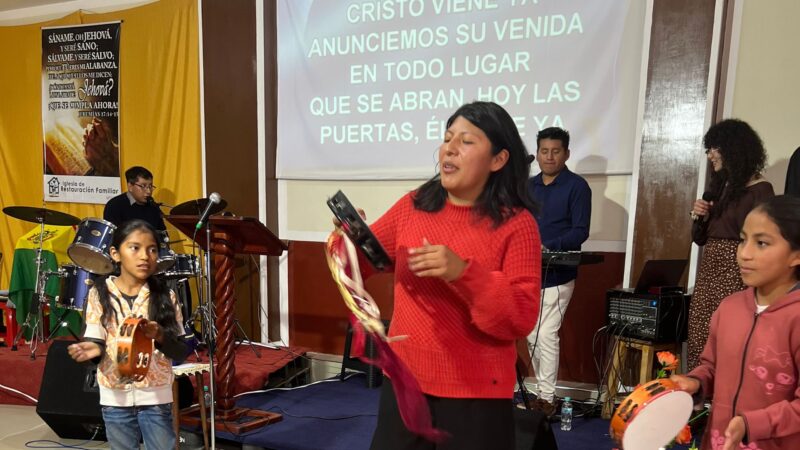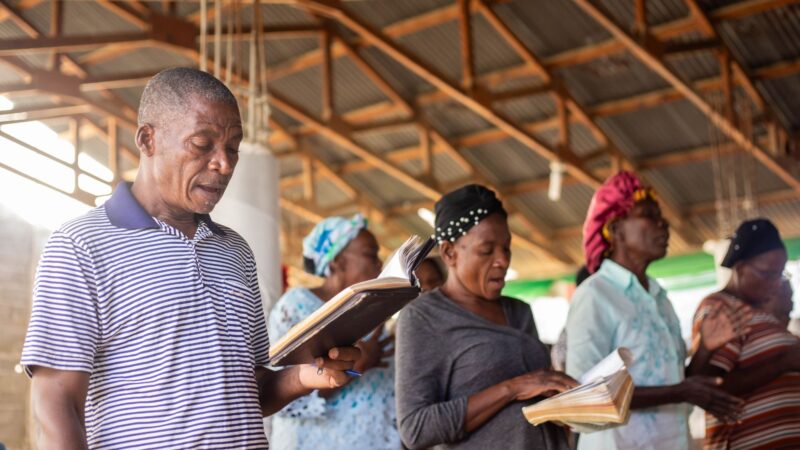If you were to ask most people their thoughts on the concept of weakness, by and large, the response that you would expect is that weakness is a thing to be avoided. We often consider weakness as something shameful, ignoble, or scandalous. By contrast, our culture prides itself on independence, strength, and self-reliant figures.
Like so many conventional ideologies, Jesus takes this idea of weakness and turns it on its head.
Mark chapter 12 gives us Jesus’ teaching through the story of The Widow’s Offering:
And he sat down opposite the treasury and watched the people putting money into the offering box. Many rich people put in large sums. A poor widow came and put in two small copper coins, which make a penny. And he called his disciples to him and said to them, “Truly, I say to you, this poor widow has put in more than all those who are contributing to the offering box. For they all contributed out of their abundance, but she out of her poverty has put in everything she had, all she had to live on.”
This story illustrates that what the woman offered was her security.
As a result, she took on a position of weakness to more fully trust that the Father would provide for her.
Far too often, our feeling of security comes from the material world and possessions that we can see and account for. We don’t stress much about where our next meal will come from because we live in our abundance. Yet, our faith is tested when we deliberately put ourselves into a position of weakness and trust in the Lord to be the one who provides.
Mark chapter 8 tells of a time that Jesus provided for the multitudes because they had trusted Him so implicitly that if He sent them away uncared for, many would not make it back home. Those who put themselves into positions of weakness saw the miracle of Jesus’ wondrous provision. They believed and trusted not in what could be observed or explained but instead in who Jesus claimed to be.
When is the last time we put ourselves into a position wherein we would suffer actual discomfort or harm? In what ways are we looking to sacrifice our security rather than offer what’s safe? It’s a difficult question to ask of ourselves. Do we trust that the Lord will provide for our needs as He has promised?
Weakness is only a blessing when it calls us to reliance on the Lord.
We remember the admonishment in Mark not to pray, give, or fast as the hypocrites. Instead to give ourselves entirely to the care and concern of God. When we do this, we find that our weakness draws us closer to God, and we can see His loving care more clearly as it remains unclouded by our security.
In 2 Corinthians 12:9-10, Paul writes, “But he said to me, ‘My grace is sufficient for you, for my power is made perfect in weakness.’ Therefore I will boast all the more gladly of my weaknesses so that the power of Christ may rest upon me. For the sake of Christ, then, I am content with weaknesses, insults, hardships, persecutions, and calamities. For when I am weak, then I am strong.”
Weakness is not a thing to be ridiculed or shamed, but rather an opportunity to trust that God will provide all we need to draw us closer to Him.
It can be challenging to see where God is calling us to positions of weakness to observe the security we have created. Look for chances to be weak and depend entirely on God for your strength. Look for opportunities to extend yourself and watch for how the Father will call you in more closely through trust, faith, and dependence.
Learn More About Bright Hope
When Hope for Today Makes Tomorrow Possible
Hope for Tomorrow: Sometimes Poverty Alleviation is Simple
Hope for Eternity: Jesus Cares for the Poor
Bright Hope, a Holistic Ministry Meeting the Needs of the Poor




